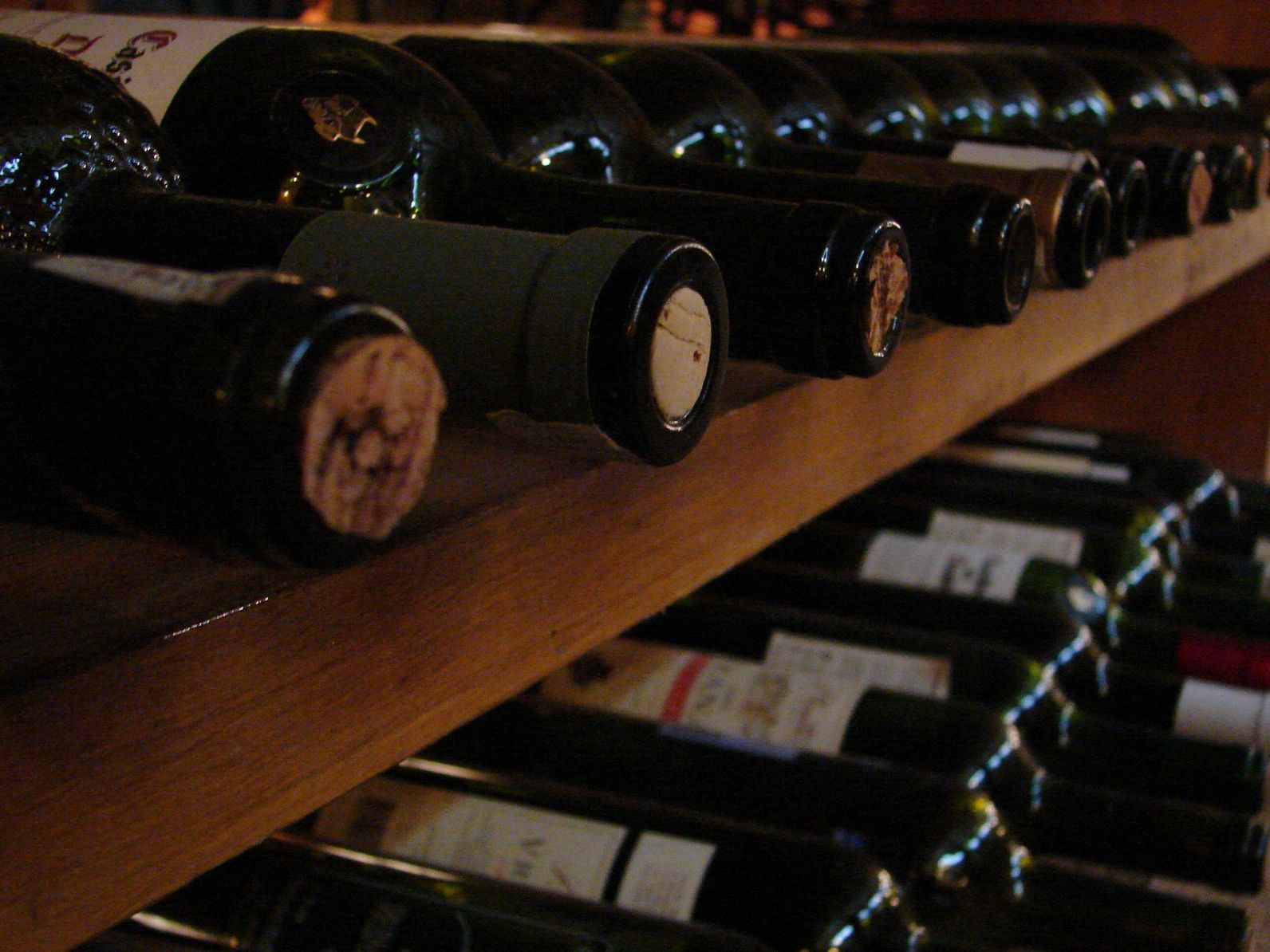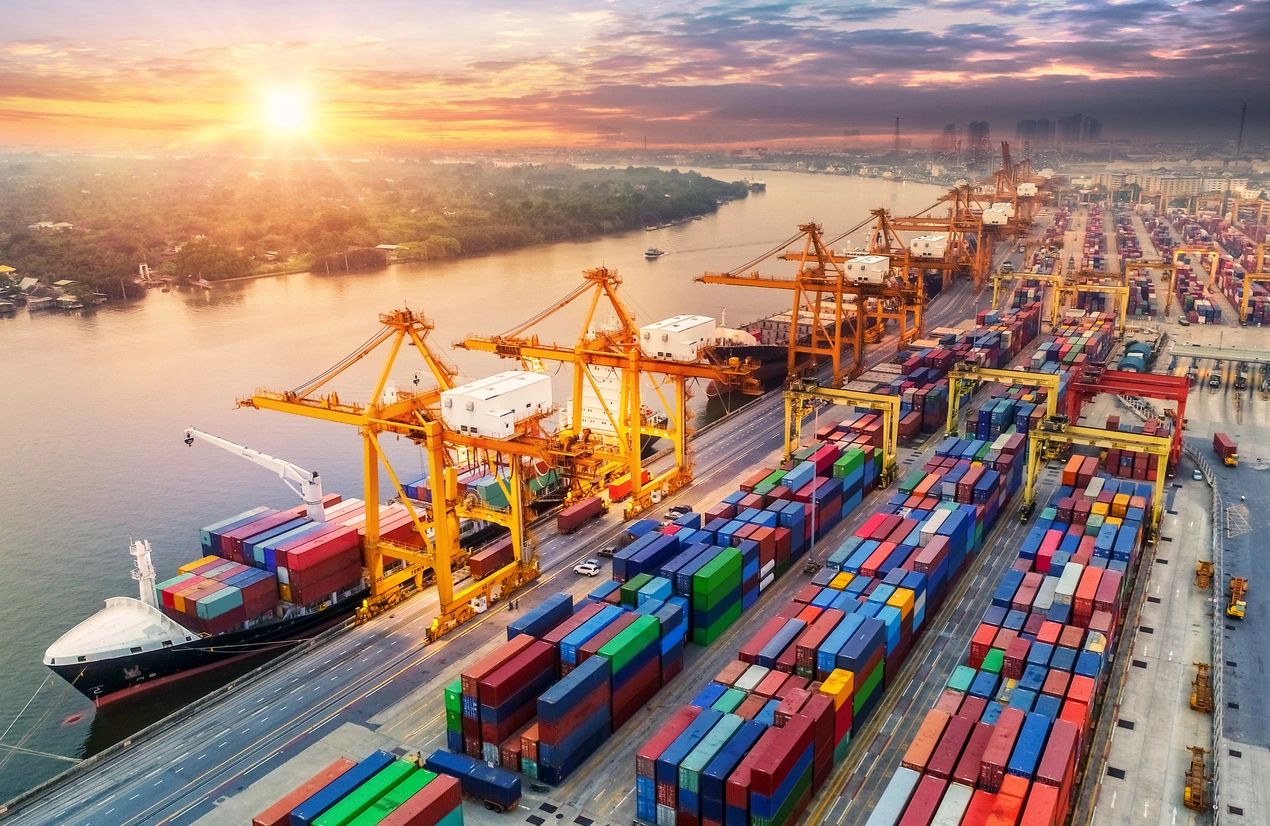Few Grocery Stores in Ontario Taking Back Empty Alcohol Bottles as Program Faces Trouble
Only a small number of Ontario grocery stores that are supposed to take back empty alcohol containers are doing it. This is raising concerns about the future of the province’s bottle return program, especially as The Beer Store plans to close more of its locations.
Since last fall, about 70 grocery stores that are far from a Beer Store have been required to accept empty bottles and cans. But according to The Beer Store, only four of them are actually doing it. The government says 13 stores are taking part, and others are expected to join soon.
Starting January 1, 2026, all grocery stores that sell beer and wine — over 1,000 in total — will have to accept returns. This is part of Premier Doug Ford’s plan to make alcohol more widely available.
However, that same day, The Beer Store will also be allowed to close as many of its stores as it wants. With so few grocery stores already participating — and some even threatening to give up their licenses rather than follow the return program — the entire system could be at risk. Last year, the program collected over 1.6 billion bottles and cans.
Environmental groups warn this could hurt recycling. Karen Wirsig from Environmental Defence says the program helps reuse bottles and keeps waste out of landfills. “If returns aren’t convenient, people just won’t bother,” she said.
John Nock, who represents Beer Store workers, says grocery stores should be forced to set up proper return systems. “If they’re allowed to sell alcohol, they should take it back too,” he said.
Many grocery stores say the program is too expensive and hard to manage. In a letter to the Premier, grocery groups warned that unless the system changes, some stores may stop selling alcohol altogether.
Adding to their frustration, the government gave a bigger discount on alcohol to bars, restaurants, and convenience stores — who don’t have to accept bottle returns — but not to grocery stores, who do. Gary Sands, from the Canadian Federation of Independent Grocers, said this puts grocery stores at an unfair disadvantage. “Ford said no one would lose with the new system. He broke that promise,” Sands said.
Loblaws, one of the big grocery chains, is testing bottle returns at one store and says it’s very costly. Other retailers say the government needs to help more, possibly by removing deposits on cans or getting all the major stores together to find a better system.
Meanwhile, Ford’s government made a deal with The Beer Store to bring alcohol into convenience stores and all groceries by 2024 instead of 2026. The province will pay The Beer Store up to $225 million to help keep stores open and workers employed.
Still, the plan will cost the government money. Tax income will drop by $215 million, and the LCBO (Liquor Control Board of Ontario) will make less profit. Other costs include wholesale discounts to new alcohol sellers and higher recycling fees.
Right now, The Beer Store must keep at least 300 stores open until the end of this year. But starting in 2026, there’s no minimum.
Ozzie Ahmed from The Beer Store said bottle returns are a key part of selling alcohol responsibly. “We take back more bottles than we sell in our own stores,” he said. “It keeps garbage out of landfills and helps customers get their deposit back.”



